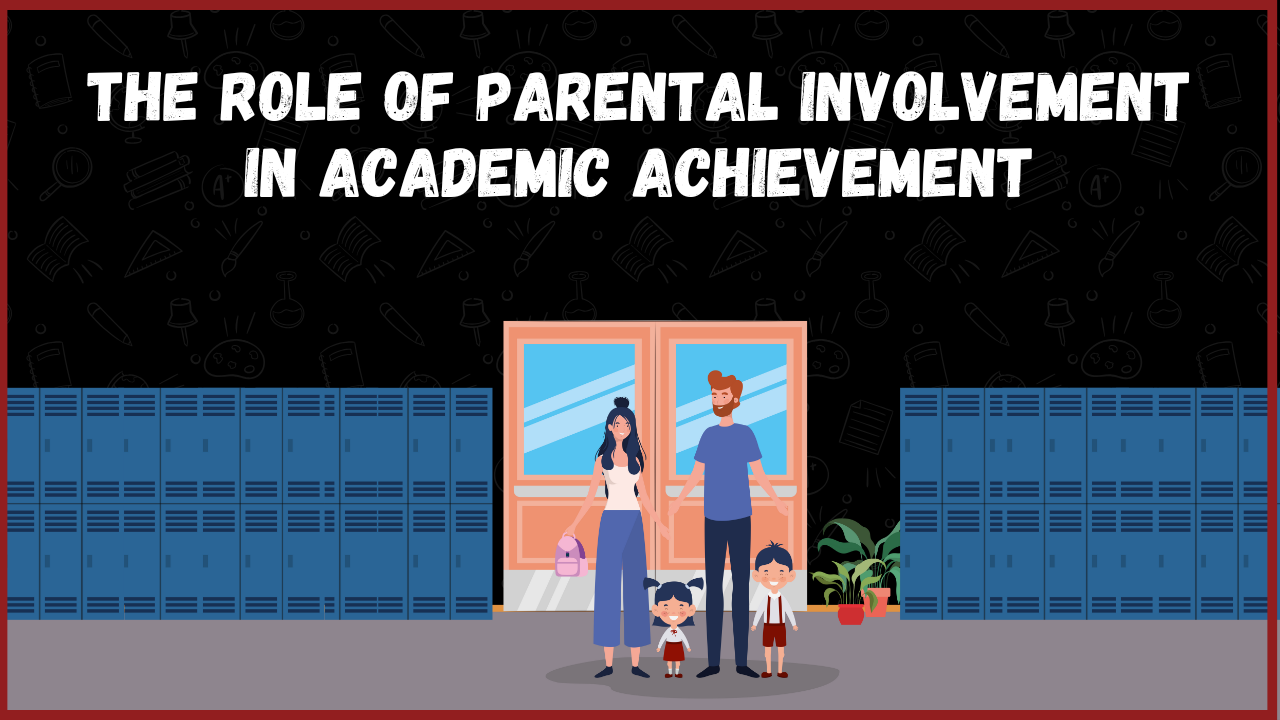The Role of Parental Involvement in Academic Achievement
Dear Parents,
In today’s fast-paced world, teenagers often strive for independence, sometimes distancing themselves from parental involvement in their academic lives. However, research consistently shows that both younger children and teenagers significantly benefit from active parental participation. At Hodu Academy, we believe that fostering a collaborative environment between parents and educators is crucial for a child’s academic and personal development. Let’s explore why your involvement matters and how you can eectively support your child’s educational journey.
Understanding Parental Involvement
What Does Parental Involvement Mean?
Parental involvement refers to the active participation of parents in their child’s education, working in tandem with teachers to help students reach their full academic potential. This collaboration can take various forms, from attending parent-teacher meetings to volunteering at school events. An international school in Mumbai, for example, emphasizes inclusive education by encouraging parents to engage actively in their children’s learning process.
Why It Matters:
When parents are involved, students tend to perform better academically, exhibit improved social skills, and develop a stronger sense of responsibility. This partnership creates a supportive network that nurtures a child’s growth both inside and outside the classroom.
The Benefits of Parental Involvement
1. Increased Motivation
When parents show genuine interest in their child’s education, it boosts the student’s motivation to excel. Knowing that their efforts are recognized and appreciated encourages children to put in more effort and take their studies seriously.
Example: Celebrating a good grade or recognizing the effort put into a challenging project can reinforce positive behavior and academic diligence.
2. Enhanced Social Skills
Active parental involvement fosters better communication and social interactions. Children who engage regularly with their parents about school matters develop stronger interpersonal skills, which are essential for building meaningful peer relationships.
Example: Regular discussions about school activities and friendships help children navigate social dynamics more effectively.
3. Improved Academic Performance
Studies have shown that students with involved parents tend to achieve higher grades. Parental support helps students stay focused, manage their time better, and tackle academic challenges with greater confidence.
Example: Helping with homework or providing a quiet study space at home can significantly impact a child’s ability to concentrate and perform well academically.
4. Development of Practical Skills
Parents play a crucial role in developing their children’s practical skills, such as critical thinking, problem-solving, and eective communication. These skills are invaluable for future academic pursuits and professional success.
Example: Encouraging children to participate in discussions, debates, or extracurricular activities can enhance their analytical and presentation skills.
How Can Parents Be Involved?
1. Create an Enriching Home Environment

Your home should be a place where learning is valued and prioritized. Establish a routine that includes dedicated study time, ample rest, and opportunities for relaxation and play.
Tips:
- Set aside a specific area for studying that is free from distractions.
- Ensure your child has all the necessary supplies and resources for their studies.
2. Foster Open Communication

Encourage your child to talk about their school day, challenges, and achievements. Active listening and showing empathy can strengthen your relationship and provide valuable insights into their academic needs.
Tips:
- Allocate 10-20 minutes each day for meaningful conversations.
- Ask open-ended questions to encourage detailed responses.
3. Collaborate with Teachers

Building a strong rapport with your child’s teachers can provide you with a clearer understanding of their academic progress and areas that need improvement. Attend parent- teacher meetings, participate in school events, and communicate regularly with educators.
Tips:
- Take notes during meetings to keep track of feedback and action items.
- Volunteer for school activities to stay engaged with your child’s education.
4. Support Homework and Assignments

Assist your child with their homework without taking over the task. Offer guidance, clarify doubts, and encourage independent problem-solving.
Tips:
- Set a consistent homework routine.
- Provide positive reinforcement for effort and improvement
5. Encourage Extracurricular Activities

Participation in extracurricular activities can enhance your child’s social skills, creativity, and overall well-being. Support their interests and encourage them to explore new areas.
Tips:
- Balance academic and extracurricular commitments to prevent burnout.
- Attend events and performances to show your support.
When Is the Best Time to Get Involved?
Parental involvement should begin early in your child’s academic journey and continue consistently throughout their schooling. It’s never too late to start supporting your child, whether they are facing academic challenges or striving for excellence. Key moments for involvement include:
- During Homework and Study Sessions: Offer assistance and encouragement without being overbearing.
- Before and After School: Engage in discussions about their day, lessons learned, and any diffculties encountered.
- During Exams and Projects: Provide a supportive environment, help them manage their time, and celebrate their efforts and achievements.
Striking the Right Balance
While parental involvement is beneficial, it’s important to strike a balance to avoid overwhelming your child. Here’s how:
- Be Supportive, Not Controlling: Encourage independence by allowing your child to take ownership of their studies while being available to help when needed.
- Set Realistic Expectations: Understand your child’s strengths and weaknesses and set achievable goals.
- Respect Their Space: Give your child the freedom to explore their interests and develop their unique learning style.
Conclusion
Parental involvement plays a pivotal role in a child’s academic achievement and overall development. By creating a supportive home environment, fostering open communication, collaborating with teachers, and encouraging balanced growth, parents can significantly enhance their child’s educational experience. At Hodu Academy, we recognize the importance of this partnership and strive to involve parents in every step of their child’s academic journey.


